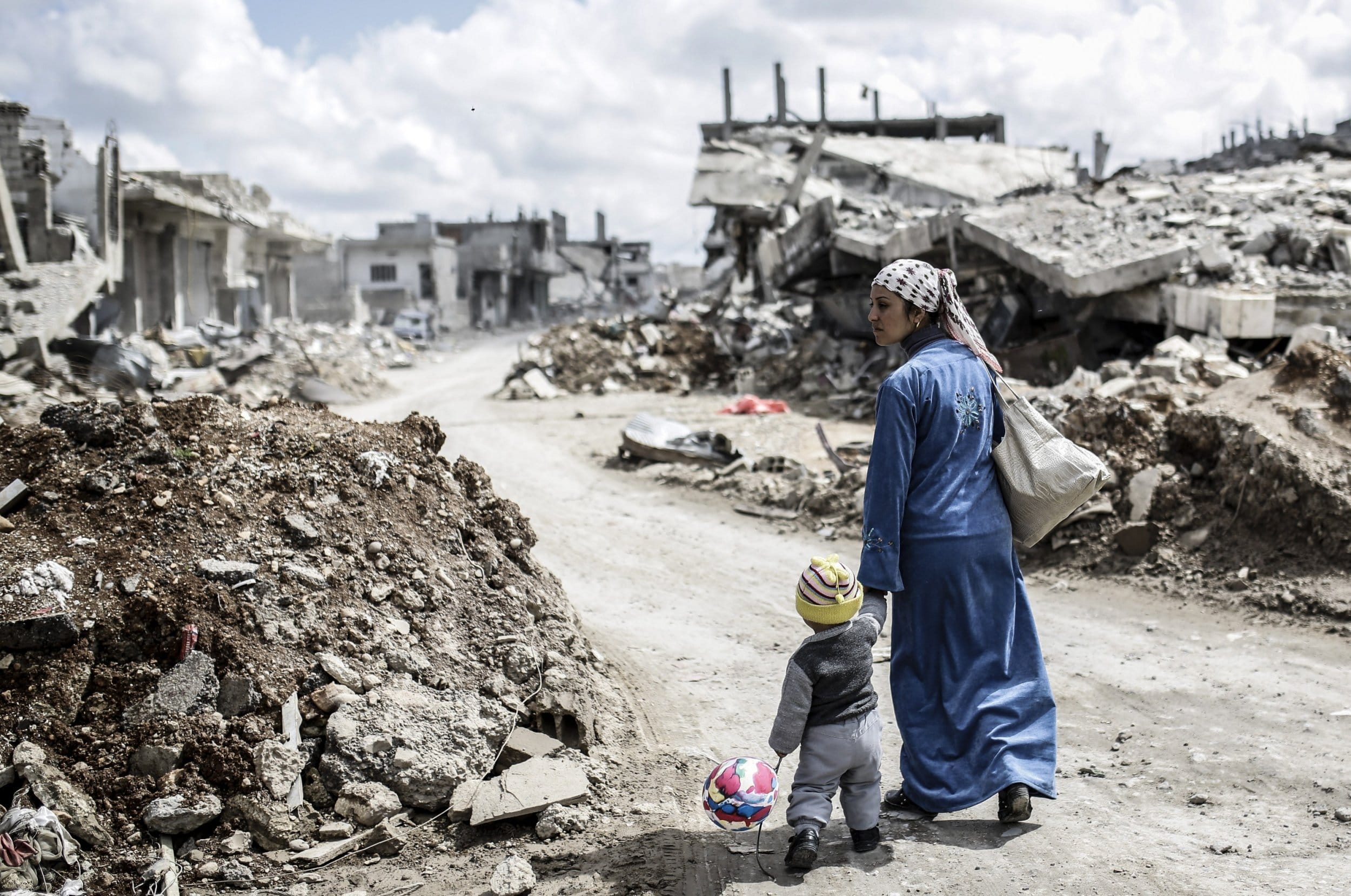The Syrian conflict, which began in 2011, has become a complex battlefield not only for its own citizens but also for various international powers vying for influence. The ongoing struggle for control has significant implications for the stability of the region, as foreign nations pursue their strategic interests amidst a backdrop of devastation and humanitarian crises.
The involvement of foreign powers in Syria has been a prominent feature of the conflict. The United States, Russia, Iran, and Turkey, among others, have established a presence in the region, each pursuing divergent goals that often conflict with one another. The United States has primarily focused on combating ISIS and curbing Iranian influence, while Russia has positioned itself as a key ally of the Assad regime, supporting it through military intervention and diplomatic efforts. Iran, for its part, seeks to expand its regional influence, supporting various militias and establishing a foothold in Syria as part of its broader strategy to counter U.S. allies in the region.
Turkey has also played a significant role, motivated by its desire to prevent the establishment of a Kurdish autonomous region along its border. Ankara’s involvement has included military operations against Kurdish forces, which it views as a terrorist threat, further complicating the already intricate web of alliances and enmities in Syria. The presence of these foreign powers not only exacerbates the conflict but also contributes to a volatile environment where the potential for renewed hostilities is ever-present.
The motivations behind these foreign interventions are multifaceted. For the United States, the objective of countering terrorism, particularly the remnants of ISIS, remains paramount. However, U.S. support for certain groups within Syria has also been criticized for contributing to the fragmentation of the country, creating a situation where multiple factions vie for control and influence. This fragmentation complicates any potential pathways to peace and reconstruction, as disparate groups with conflicting agendas struggle for power.
Russia’s involvement, on the other hand, has been characterized by a desire to restore its influence in the Middle East and showcase its military capabilities. The Kremlin’s support for the Assad regime has been instrumental in stabilizing the government, but it has also led to accusations of war crimes and human rights abuses. The use of military force in Syria has allowed Russia to assert itself as a major player on the world stage, challenging U.S. dominance and strengthening its ties with Iran and other regional actors.
Iran’s engagement in Syria is driven by its broader ambitions in the region. The Islamic Republic seeks to establish a land corridor stretching from Tehran to Beirut, facilitating the movement of weapons and resources to its allies, including Hezbollah. This strategic objective threatens to escalate tensions further, particularly with Israel, which has conducted numerous airstrikes against Iranian positions in Syria aimed at disrupting this corridor.
As these foreign powers jockey for control, the consequences for the Syrian population are dire. The humanitarian situation remains critical, with millions displaced and in need of assistance. The ongoing conflict has resulted in widespread destruction of infrastructure, healthcare systems, and educational facilities, rendering any prospects for recovery increasingly bleak. The competing interests of foreign powers have hindered efforts to negotiate a lasting peace, as each party remains entrenched in its position, often at the expense of the Syrian people.
The international community’s response to the situation in Syria has also been marked by inconsistency and fragmentation. Efforts by the United Nations to mediate peace talks have often been undermined by the conflicting agendas of member states. While there is a general consensus on the need for a political solution, achieving a unified approach has proven elusive. The lack of a cohesive strategy not only prolongs the suffering of the Syrian people but also allows foreign powers to continue their interventions with little accountability.
In conclusion, the situation in Syria exemplifies the complexities of modern geopolitical conflicts, where the interests of foreign powers significantly impact the lives of ordinary citizens. As these nations vie for control and influence, the risk of renewed conflict remains high. The path toward stability and peace in Syria is fraught with challenges, requiring a concerted effort from the international community to prioritize the needs of the Syrian people over geopolitical ambitions. Without such an approach, the prospects for a peaceful resolution remain distant, and the specter of renewed violence will continue to loom over the region.

